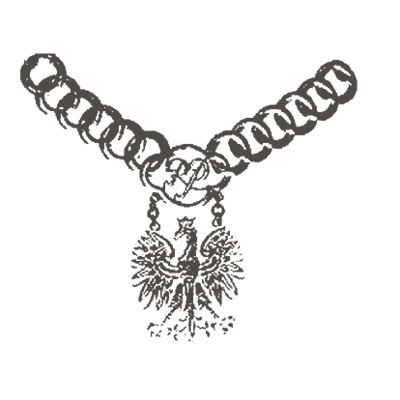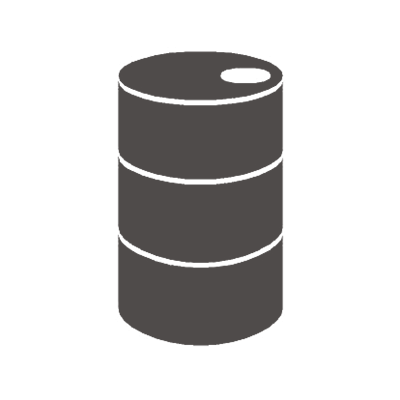Artificial Intelligence Act: Will the EU set a global standard for regulating AI systems?
The world pins high hopes on the development of artificial intelligence systems. AI is expected to generate huge economic and social benefits across various aspects of life and sectors of the economy, including the environment, agriculture, healthcare, finances, taxes, mobility, and public administration. The progressing development of AI systems is forcing the creation of appropriate legal frameworks, which on one hand should facilitate further growth of AI technologies but on the other hand should ensure adequate protection of persons using such systems and raise societal confidence in the operation of AI systems.

Revolution in telecommunications services in prisons
Following the posts on the Government Legislation Centre website can be an interesting experience. Sometimes, seemingly trivial legal changes lead to a number of serious consequences. It is likely that such consequences will touch businesses in a specific market rarely mentioned in public debate. This is the market for telecommunication services at Polish prisons. Seemingly innocuous, the proposed changes could completely eliminate Polish companies from this market.

Legal aspects of fighting cybercrime appearing in the form of ransomware and data hacks
While business email compromise frauds might be on the decline, businesses are increasingly impacted by ransomware and data hacks. Just in the past few months, the press have reported on a number of large-scale ransomware attacks targeting both private and public entities. The impact of the attacks is always huge: disrupted operations, leaks of trade secrets and personal data, losses to reputation.

News from Poland—Business & Law, Episode 13 (part 2): interrogation of a foreigner as a witness
Stanisław Drozd and Konrad Grotowski carry on explaining what to expect if you are a foreigner testifying as a witness before the Polish civil court.

Legal aspects of fighting cybercrime appearing in the form of business email compromise
Business email compromise, or BEC is a type of cyber-facilitated fraud where fraudsters compromise IT networks, intercept business communications, and by using different manipulation techniques, trick employees into making wire transfers to fraudulent bank accounts. The fraud itself is not a new creature. It is an old trick, merely conducted with the use of modern technologies.

Peace, closeness, respite
We wish our readers and authors rest and a chance to unplug over the holidays. And stay safe! We will return in the New Year (next edition on 13 January 2022).

Proposed changes in labour law relating to remote work
A hot topic recently is the proposed changes in labour law relating to remote work. In fact, so far “remote work” has not been generally regulated in Polish law. After the outbreak of the pandemic, remote work was regulated separately in the special COVID-19 Act. According to this act, to combat COVID-19, the employer may instruct an employee to perform remote work.

Private rented sector (PRS) in Poland
The private rented sector in Poland is on the radar of foreign institutional investors. Investments in residential rental properties are in vogue in Western Europe. Despite the global crisis caused by COVID-19, investors actively seek opportunities in friendly foreign markets, including Poland. The Polish market is considered promising, even though historically in Poland there has been a tradition of owning rather than renting.

Parcel lockers: No building permit required, but subject to real estate tax?
The pandemic has affected the way we shop. More and more frequently, buyers order products (including Christmas gifts) online with delivery to a designated customer service location or a parcel locker, so they don’t have to wait at home in the time slots indicated by the courier. More parcel lockers are appearing in housing estates and on the street. While it is clear that constructing parcel lockers does not require a building permit, are parcel lockers subject to real estate tax?

Information on patients’ health disclosed remotely
The law in Poland is quite precise about who can be given information about a family member’s health, and in what situations. But when contacted by a family member by phone, how can the healthcare provider verify the caller’s identity? And can a hospital in principle refuse to provide information by phone?

Proposed new rules on international shipments of waste
In November, the European Commission adopted three legislative initiatives seeking to implement the aims of the European Green Deal. They include a proposal for a new regulation on shipments of waste.

New procurement thresholds in 2022
The EU thresholds and the euro exchange rate for converting threshold amounts from euros to Polish zlotys will be higher from 1 January 2022. The PLN/EUR conversion rate is also going up.
